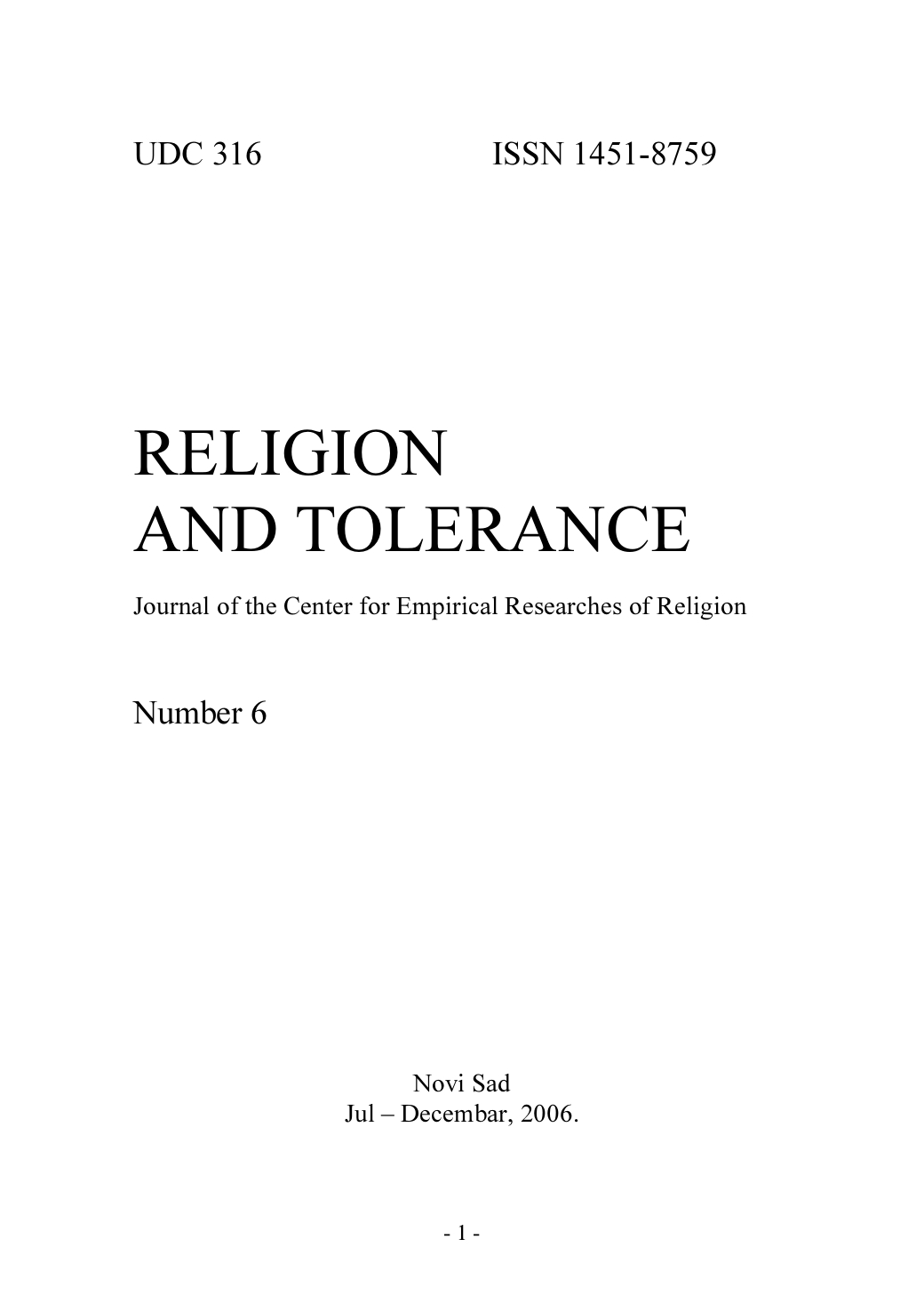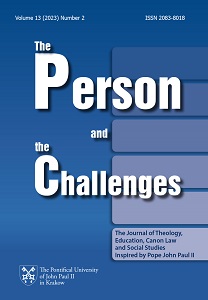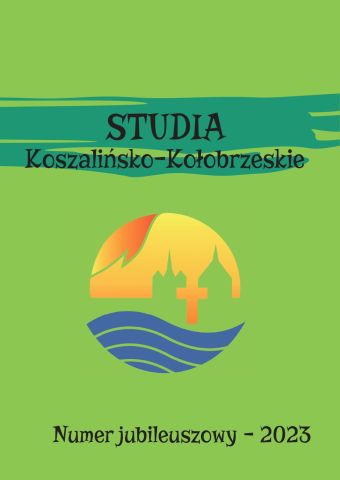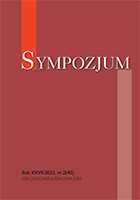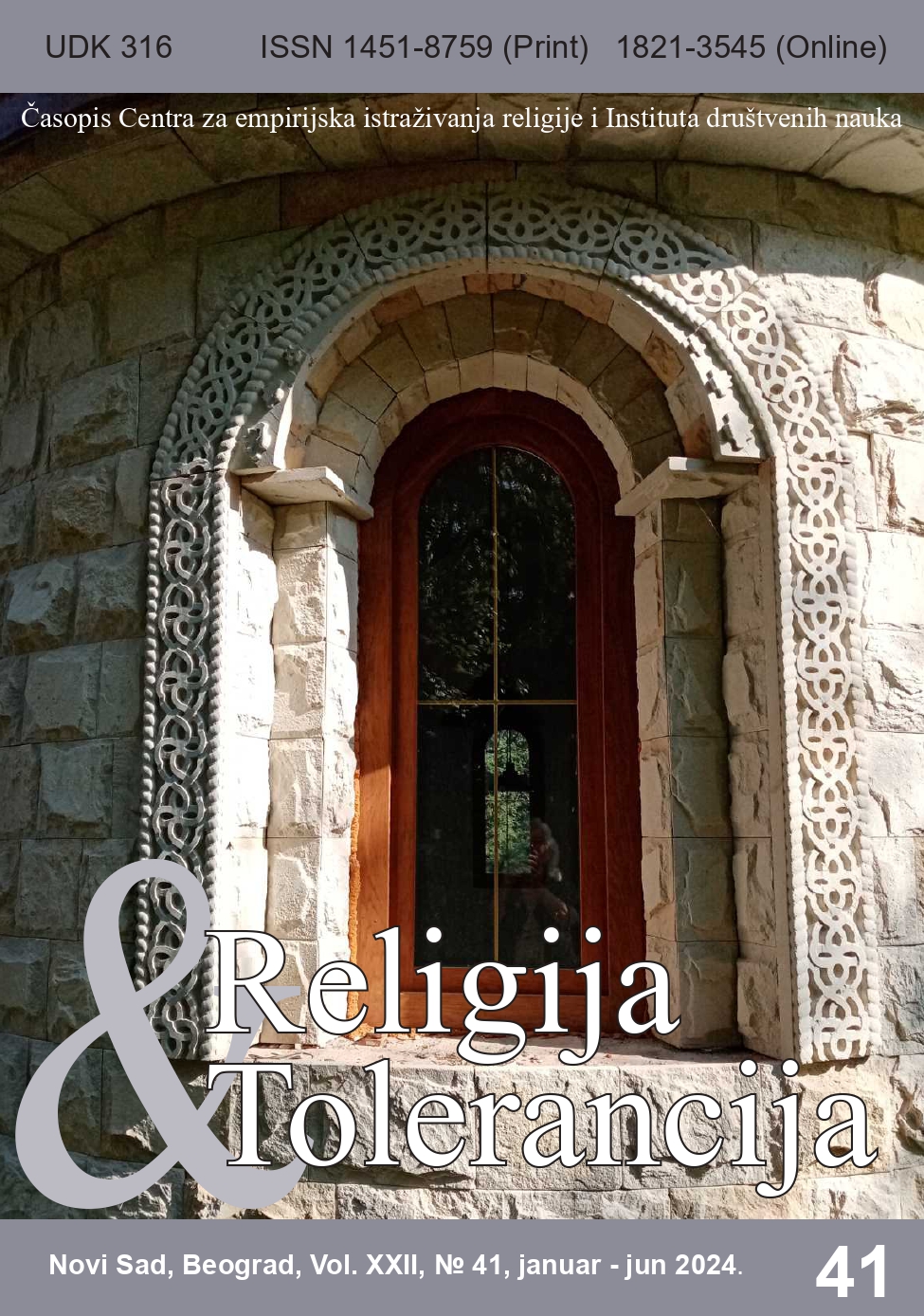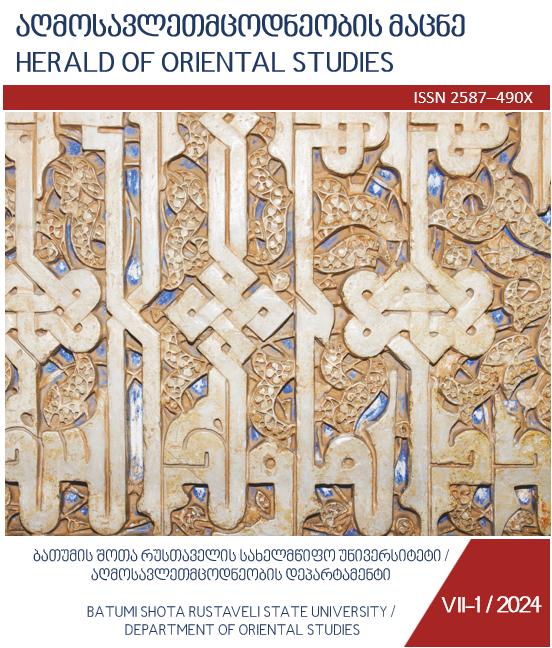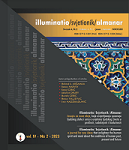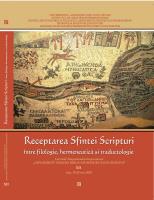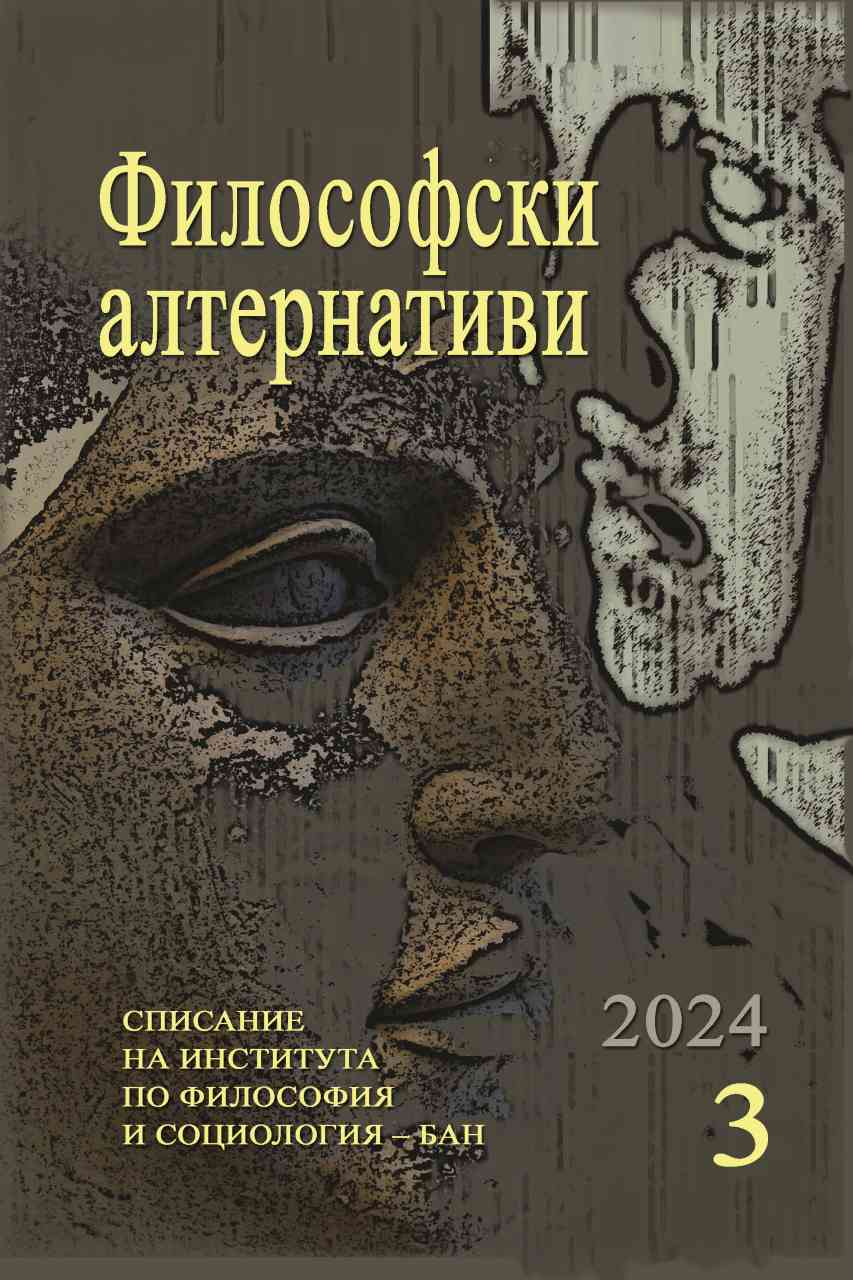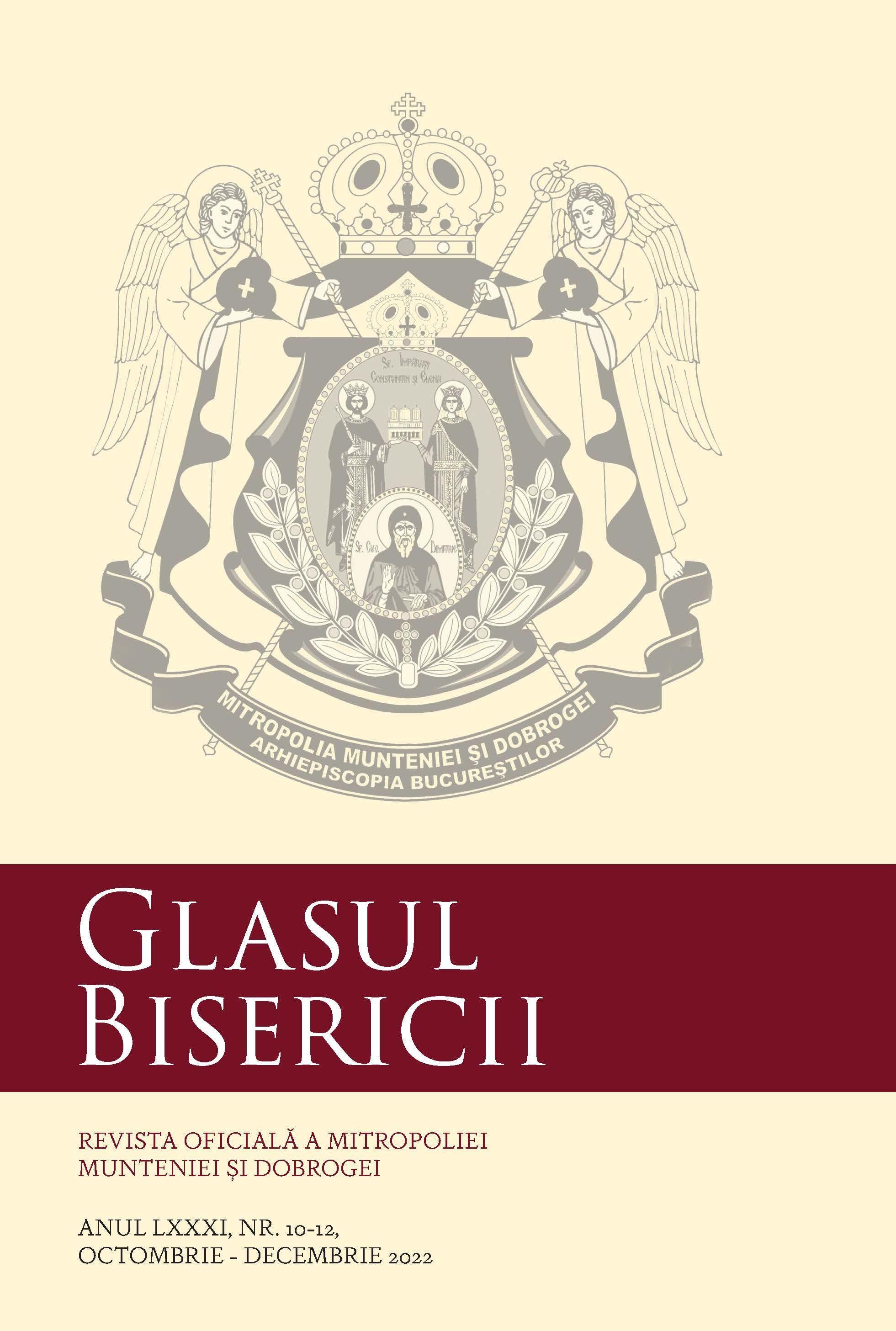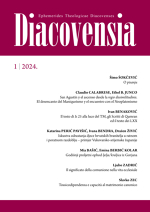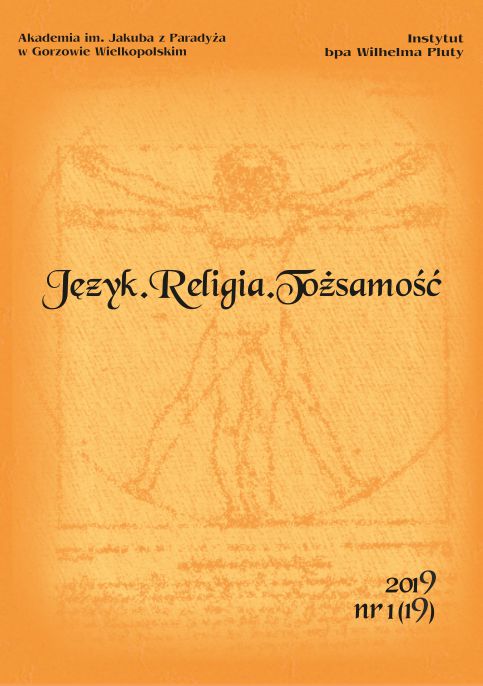
Petrycego z Pilzna adaptacje Horacjańskich pieśni erotycznych
While serving his sentence in the Moscovsky prison Sebastian Petrycy of Pilzno,Polish Aristotelian, translated, adapted and attached the commentaries to the cantosof Quintus Horatius Flaccus. For him it was primarily a form of consolation during thatsevere punishment, for the generations of readers it was and is a magnificent fusionof poetry ant moral philosophy at its finest.The translated text constituted a base for creating a paraphrase of the wisdomof the Roman poet in order to make it more understandable for Polish audience.He intertwined Horatian lyrics with Polish expressions and assimilated it with indigenousreality of his times. Moreover, he put his effort in explaining the poetic message in its most philosophical aspects adding the set of commentaries along the main text.In this article the erotic motif of Horatian poetry and Petricean rendition and comments will be analyzed and exposed from a philosophical perspective. And as far as loveand desire remain the main pillars of human essentiality, the Authors aim into emphasizingthe importance of Petrycy’s work from ethical and pedagogical points of view.
More...
